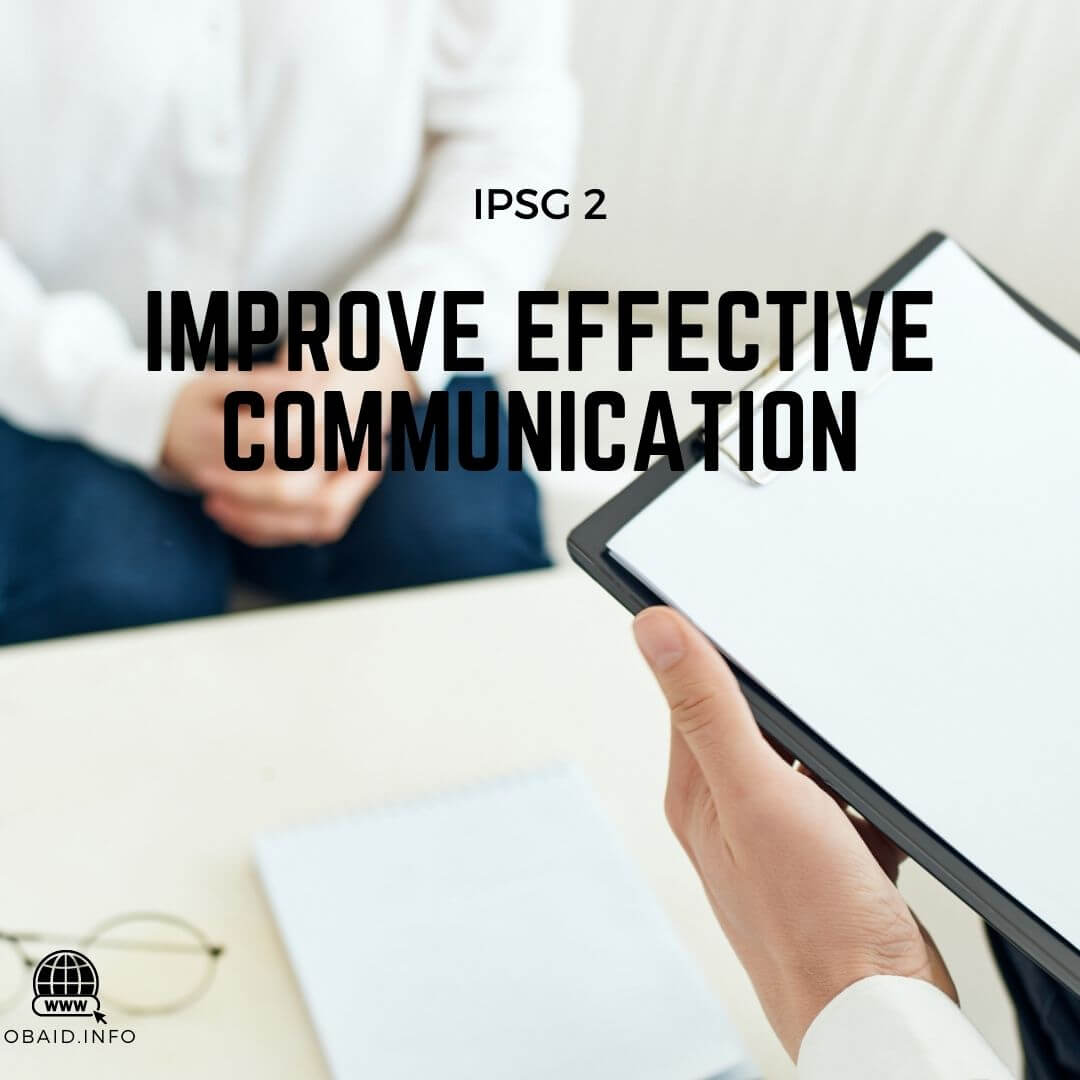Who is the Most Responsible Physician (MRP)?
January 22, 2018What is Nursing Care Of Patient On Intra Aortic Balloon Pump?
January 26, 2018Electronic Occurrence Variance Report (E-OVR) – an electronic report generated from the Hospital Portal System manifesting the documented account of an incident including the details of the investigation and corrective actions taken.
Incident — is an occurrence or any reportable event not consistent with the routine norms and operation of the hospital/ healthcare unit or routine care of that has a potential for or results in injury to an individual and/ or damage/ loss of property.
Classification of Incidents:
- Near Miss — any process variation that did not affect the outcome but for which a recurrence carries a significant chance of a serious adverse outcome. Also referred to as “Close call”- it is an event or situation that could have resulted in an accident, injury or illness, but did not, either by chance or through timely intervention.
- Adverse Event — unanticipated, undesirable or potentially dangerous occurrence in a healthcare organization. Examples of such are falls, injuries, pressure ulcers and adverse drug reactions.
- Sentinel Event — is an unanticipated occurrence involving death or serious physical or psychological injury. Serious physical injury specifically includes loss of limb or functions, such events are called Sentinel because they signal the need for immediate investigations and response.
- Other Incidents — are incidents that can happen within the day to day operation of the hospital and do not meet the definition of the above-mentioned classifications and conclude not to have resulted in unwanted consequences or does not result to patient harm
Why would you need E-OVR?
- To ensure that there is immediate management of an incident when required and that every incident is appropriately prioritized, investigated and managed.
- To provide a simple, accessible, and confidential system for reporting issues relevant to a culture of safety in the hospital that may involve patients, visitors, employees, and hospital properties
- To minimize risk and prevent future incidents through the development of appropriate action plans, recommendations, and review to identify opportunities to improve the quality of care.
- To meet statutory and/or regulatory requirements through informing staff of their responsibilities in relation to essential notification reporting and ensuring the correct authority is notified in an accurate and timely manner by the organization.
- To facilitate identification of issues/ incidents that may lead healthcare providers to engage in unsafe behaviors.
- To provide education and feedback to clinicians and staff to prevent and reduce future incidents.
What should be done?
- The hospital values the importance of safety of patient, employees, visitors and all those who have access to our services and facilities. In order to do this staff must report all incidents, both actual and ‘near misses’ so that real opportunities for improvement and risk reduction are taken. To enable this to occur, staff must make themselves fully aware of this policy and the arrangements in place for the management, reporting, and investigation of incidents.
- All hospital staff must ensure that incident reports are made promptly and accurately.
- The incident reporting will not result in a disciplinary proceeding, except in the most exceptional circumstances, for example where there has been a breach of law, gross negligence or professional misconduct.
- Patient/ Family complaints are not to be entered in the E-OVR.
- All completed investigation and planned actions are deemed CONFIDENTIAL.
- Printing of the E-OVR is not allowed unless the risk management or quality management and the CEO approve the hard copy reproduction for amicable reasons.
- The Risk Management under Quality Management Department is responsible for the control of E-OVR module, likewise for data aggregation and trending of all incident reports. Result of the aggregated monitoring and information is used for improvement.
- As part of the general mandatory orientation program, all new hire/transfer staff are educated by the RM Department about the incident reporting process of the hospital.
- As part of the department orientation program, all new hires/transfer receives in-service of E-OVR from the HOD / Designee Unit Supervisor or Departmental Q.l. Officers.






